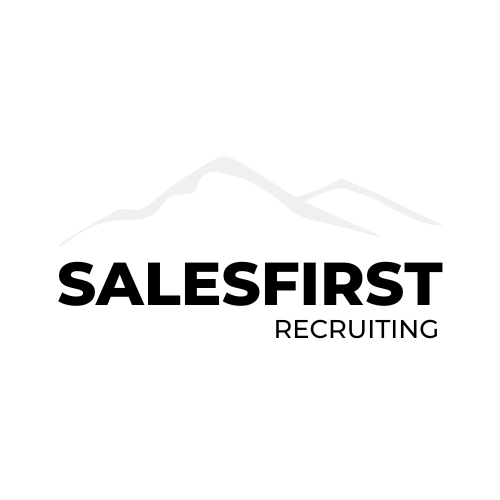Empowering Teams through Commissions, Bonuses and Spiffs
If you work with SalesFirst Recruiting long enough, you’ll eventually hear us talk about discretionary effort. When we bring it up, we are referring to the extra energy and enthusiasm employees willingly put into their jobs beyond what's required. It's also known as “the extra mile”, “going above and beyond",” or “putting in 110%.”. You get the idea.
Companies invest considerable effort in motivating sales professionals, understanding that the right comp plan can inspire teams to exceed expectations. We want to spend a few minutes explaining the differences between Commissions, Bonuses, and Spiffs and how they can be used to get the most out of your teams.
Commissions: Rewarding Revenue & Profit
Commissions are the reward structure that sales reps have come to expect as the industry standard. These commissions serve as a direct reflection of the sales generated by the efforts of individual representatives. There are of course exceptions, but commissions are usually calculated as a percentage of the total sale amount or profit. For example, if your Account Executive sells your SaaS product worth $12,000 annually, you might pay a commission equal to 10% of that number and reward the AE with a $1,200 commission.
What makes commissions particularly appealing to sales professionals is their consistency and predictability. Sales reps can rely on commissions being paid out on a regular basis - usually aligned with their pay periods. Furthermore, the structure of commissions fosters a results-driven culture within sales teams. Knowing that their earnings are directly tied to their sales performance, reps are motivated to strive for excellence and exceed sales targets.
Bonuses: Rewarding Specific Milestones
In addition to commissions, bonuses represent the other vital component of sales compensation structures.
The big difference between commissions and bonuseses is the association with specific performance benchmarks. Unlike commissions, which are usually tied directly to all sales generated, bonuses are usually tied to hitting predefined objectives and key performance indicators. This makes bonuses a powerful tool for aligning individual and team efforts with broader strategic priorities.
In juxtaposition to commissions, bonuses are typically paid out quarterly or annually. And by tying bonuses to longer-term goals and outcomes, companies encourage sustained effort and continuous improvement among their sales teams. It also helps to provide a buffer against the variability and short-term fluctations of monthly sales results.
Using the SaaS example above, you might consider giving a quarterly bonus to any rep who hits 125% of their quota. That would be a common way of maximizing a rep’s discretionary effort and propelling the company to it’s annual goals.
SPIFs: Throwing Cash at a Short-Term Goal
While commissions are consistent & predictable, and while bonuses reward milestones, Special Performance Incentive Funds (SPIFs) inject a sense of urgency into sales efforts for issues that arise. SPIFs leverage competition and instant gratification to quickly mobilize discretionary effort around a specific problem or short-term goal.
Need to clear out some old inventory in your warehouse? Attach a SPIF to the products that need to go, and offer cash at the end of each day for the reps that help solve your problem.
Need to get the word out about the new SaaS add-on product you offer? Try attaching a double-commission to the first 10 reps who sell the new product.
We recommend using SPIFs sparingly and judiciously. While they can be effective in driving short-term results, overreliance on SPIFs can sometimes dilute their impact and create dependency on extrinsic motivators.
Crafting the Right Mix
By combining commissions, bonuses, and SPIFs in a thoughtful way, companies create a strong compensation plan that keeps sales reps motivated and focused. Commissions give regular rewards for sales, keeping reps on track for the long term. Bonuses celebrate big achievements, encouraging reps to keep improving. SPIFs tackle short-term problems, like clearing inventory or promoting new products. Together, these incentives make sure reps stay motivated, whatever the challenge, helping companies thrive in a competitive market.
Ask SalesFirst Recruiting for Help!
Seeking assistance from SalesFirst can be instrumental in designing effective compensation plans that drive sales performance and foster employee motivation. With SalesFirst's expertise, businesses can leverage innovative strategies and tailored approaches to create compensation structures that align with their objectives and inspire their sales teams.

